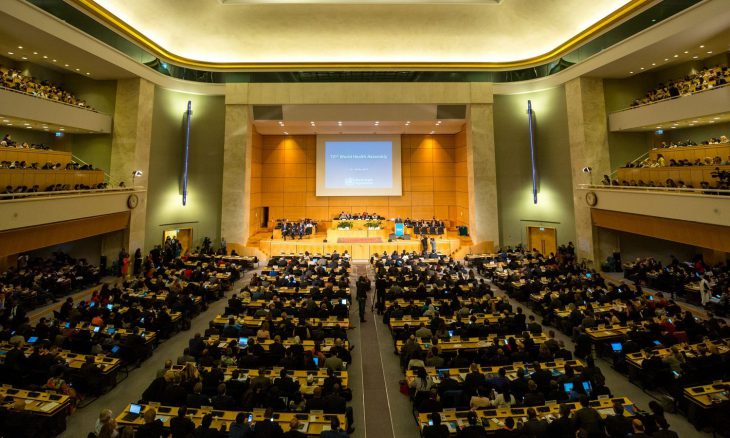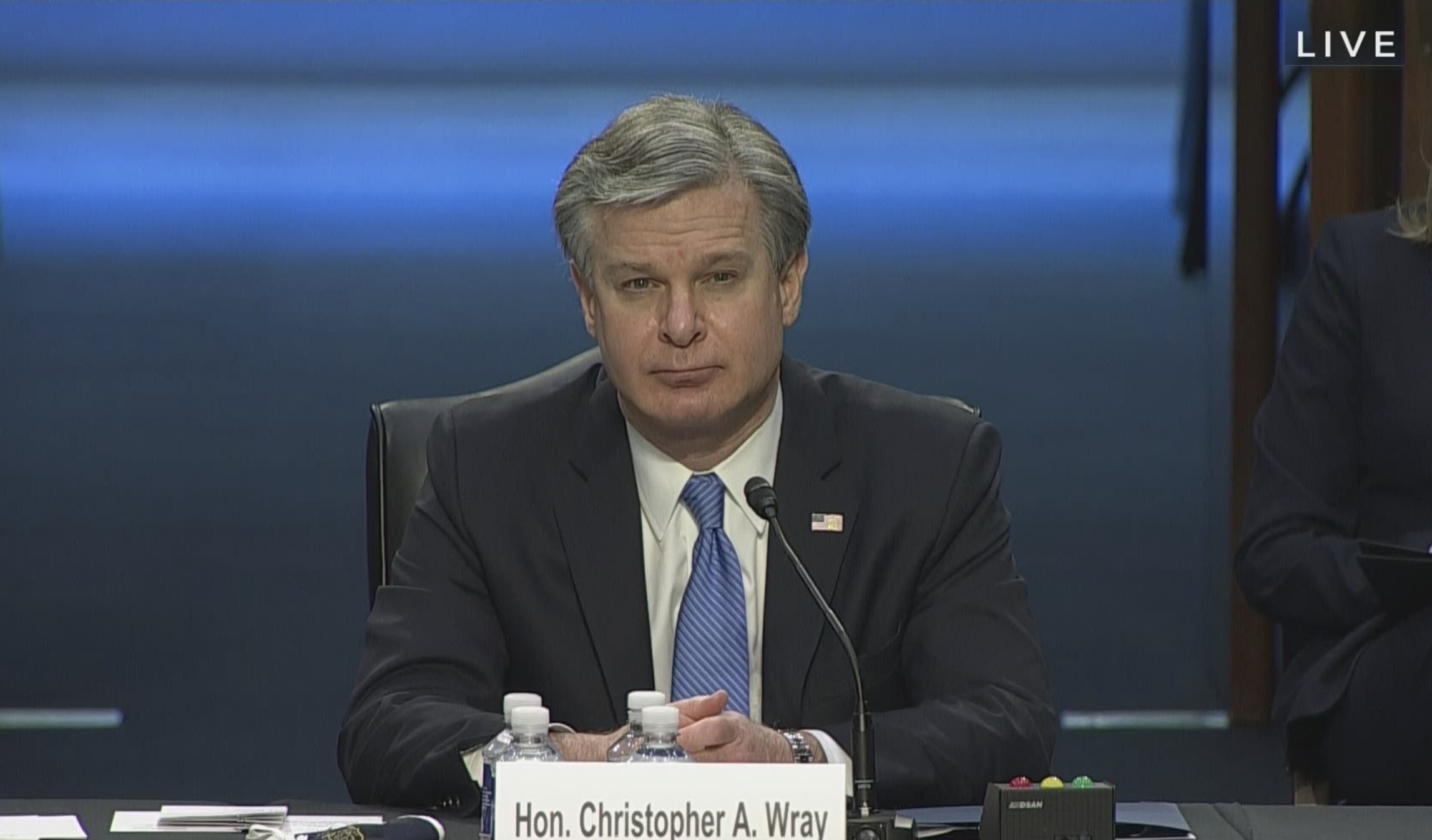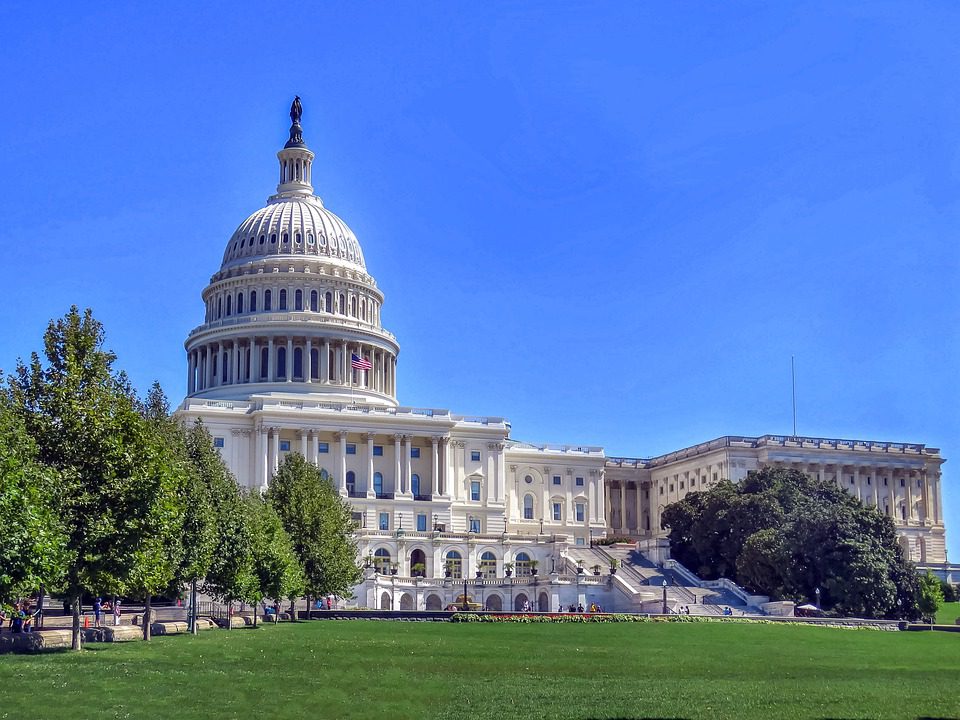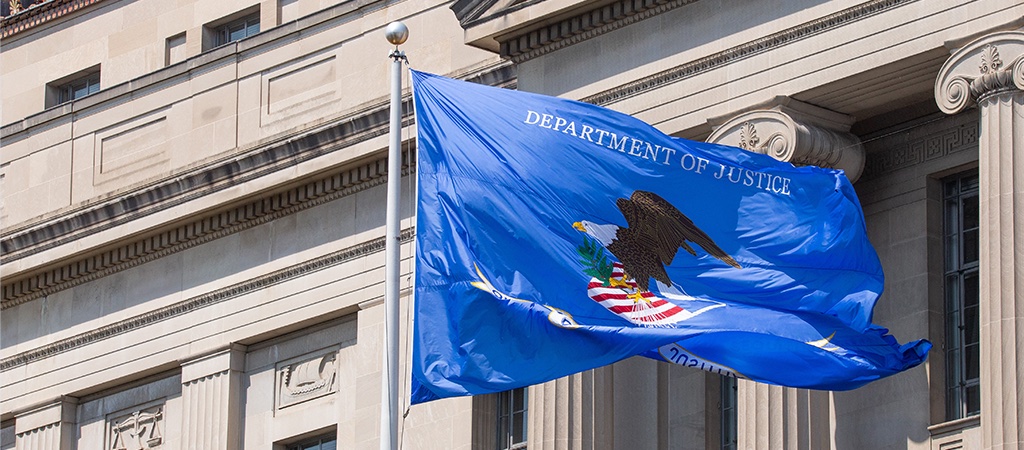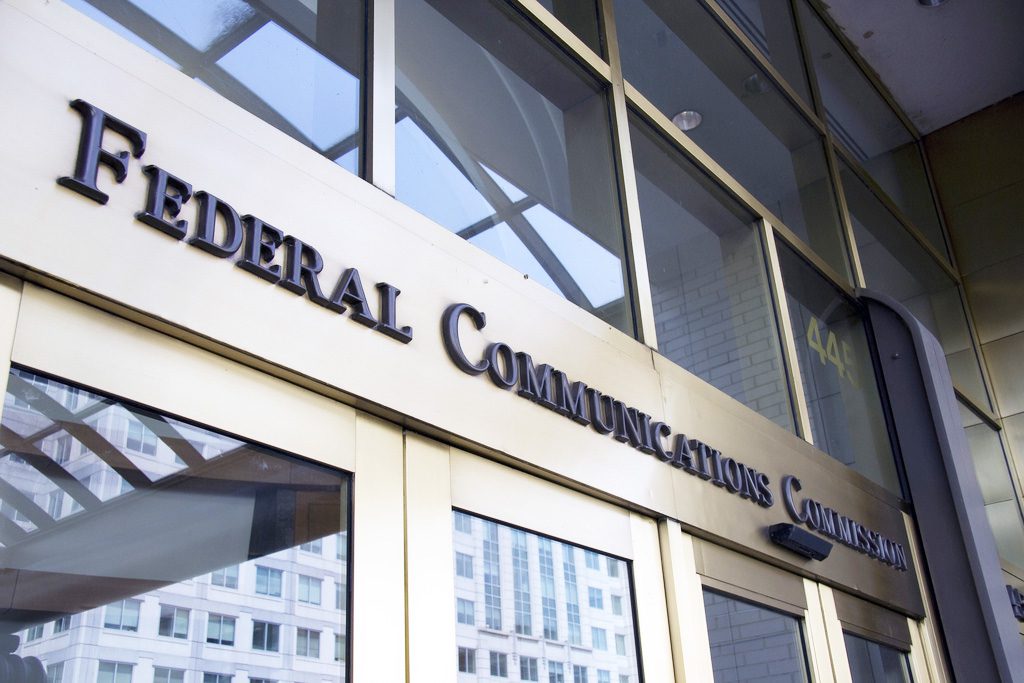U.S. hopes to bring greater transparency and accountability to the World Health Organization.
Later this month, the World Health Organization (WHO) will be reviewing recommendations from member nations to its 2005 International Health Regulations (IHR). Debates and revisions are expected to take much longer and may not be up for a vote until 2023 or 2024.
In the U.S. proposed amendments, the U.S. is looking to clearly define the powers and limitations of the WHO in the global community. The U.S. also wants to add additional accountability and transparency to the WHO’s decision-making and prevent them from making unnecessary restrictions that impact global trade, medical supply and personnel transport, and repatriations of citizens. Many world leaders have expressed concern about the lack of coordination and inconstant response from the WHO regarding the COVID-19 pandemic and want clear guidelines in place for future pandemics.
Portions of the U.S. proposal come on the heels of concerns that China may have attempted to cover up early details of the COVID-19 outbreak, and the U.S. amendments would allow the WHO to bypass China’s information restrictions and release any pandemic-related information to the public domain in a timelier manner. U.S. officials believe that had the severity of the pandemic been recognized earlier, the U.S. response could have been more effective, thereby lessening the economic impact and possibly saving lives.
In addition to a higher level of transparency, the WHO would be required to consult with multiple international agencies before recommending international travel restrictions[1]. Some world leaders believe that WHO officials made misguided, incomplete, or rushed recommendations regarding the COVID-19 outbreak. Therefore, the amendment calls for unanimous votes from WHO committees and member state votes and creates an appeal and rejection process before such recommendations can be made in the future. This process would give member nations the ability to form their own governing committees to carry out pandemic responses and would return sovereign pandemic decision making back to the individual nations.
[1] Proposed addition to Aricle 18 (Click to expand)
New 3: In developing temporary recommendations, the Director-General shall consult with relevant international agencies such as ICAO, IMO and WTO in order to avoid unnecessary interference with international travel and trade, as appropriate. Additionally, temporary recommendations should allow for the appropriate exemption of essential health care workers and essential medical products and supplies from travel and trade restrictions.
Furthermore, the U.S. proposal adds text to existing IHR articles with variations on the text, “State Party [member nation] shall accept or reject such an offer of [WHO’s] assistance.” These additions would give each member nation the explicit ability to appeal or reject WHO’s findings and recommendations and lay out the rules for such a process. While this option was inferred in the 2005 version of the IHR, there was no official procedure. The update would codify the process by which sovereign member nations can interact with, respond to, reject, or follow the recommendations made by WHO.
As the Lord Leads, Pray with Us…
- For the president and administration officials as they look for ways to bring accountability to the global pandemic response.
- For God to give grace and courage to the international healthcare workers responding to health crises around the world.
- For representatives from each member nation to seek God’s will in how the vote on the adoption or amendment to proposals to the IHR
Sources: WHO.int




